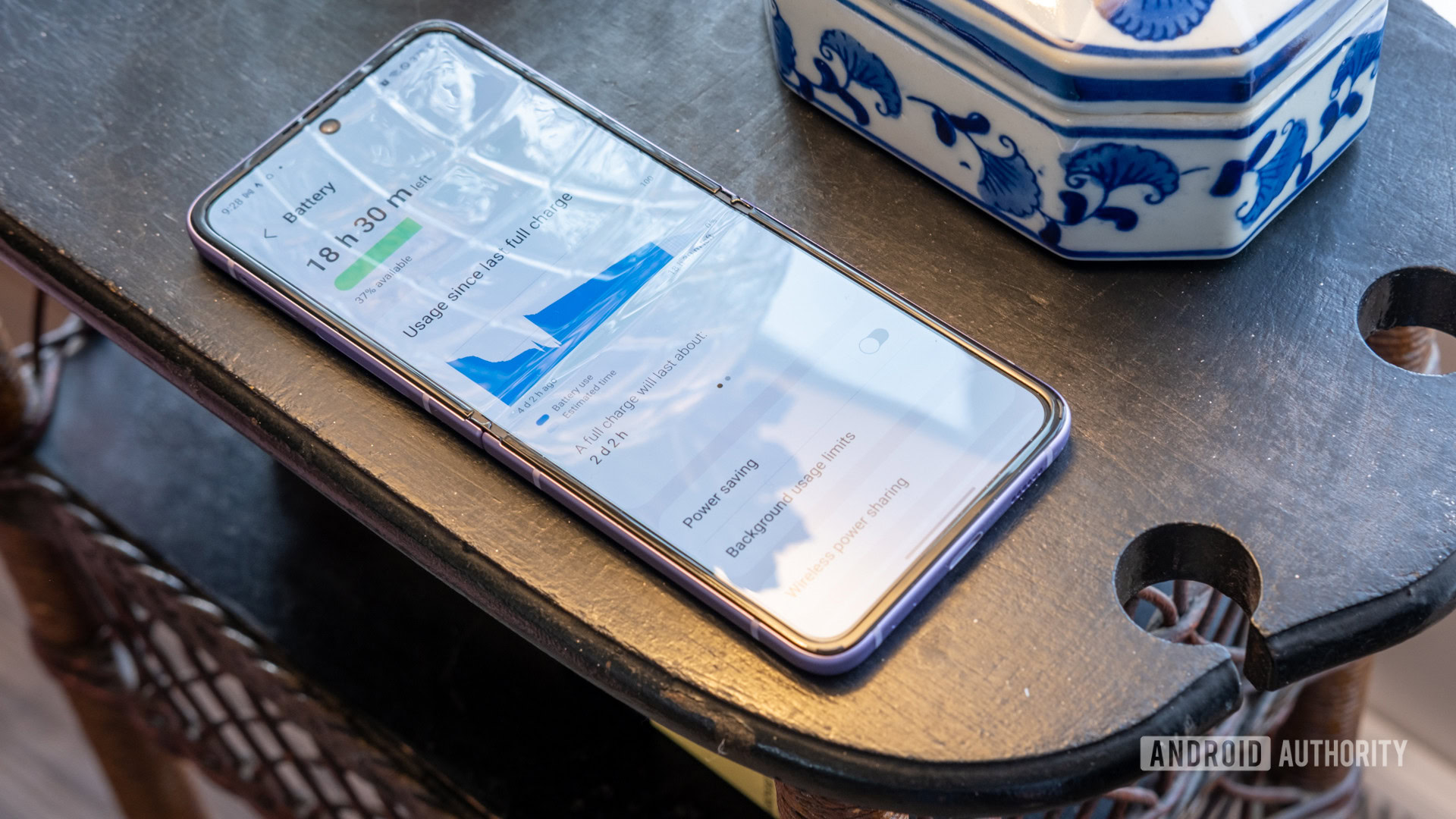lledlledlled
Registered User
- Messages
- 416
A lot of people are said to dislike Trump but one thing he's made everyone very aware of is the massive amount of false news and spoof being put out there by the media and others. All we hear of now is green this, green that and green the other. I take it all with a pinch of salt and this electric car rant by every Tom Dick and Harry expert is just that, a big rant. Let whoever wants to, buy their electric motor, but for goodness sake stop the expert advice from Dr Google lookers up, it's a load of cobblers. Like the pensions in this election, this getting rid of diesel motors is going to come back and bite plenty of rather substantial posteriors in the not so distant future. Long live diesel.
Most of the advice here is from EV users who have switched from petrol or diesel, not Dr Google.
What exactly are you saying is cobblers?
Long live diesel? Have you ever attempted to walk or cycle through one of our cities during peak times? Diesel drivers are literally poisoning our children. At the very least it should be banned from cities for private cars.



